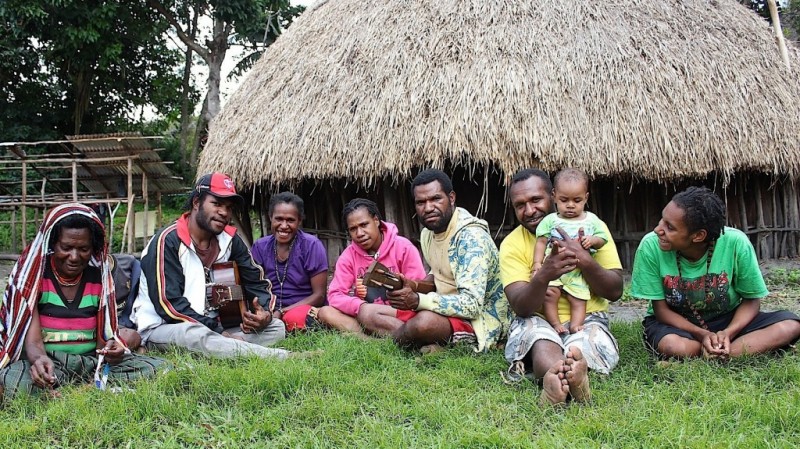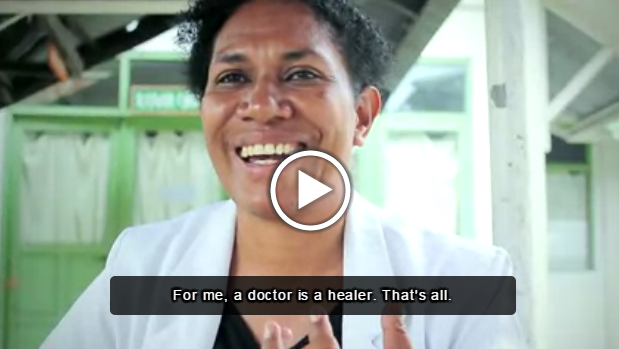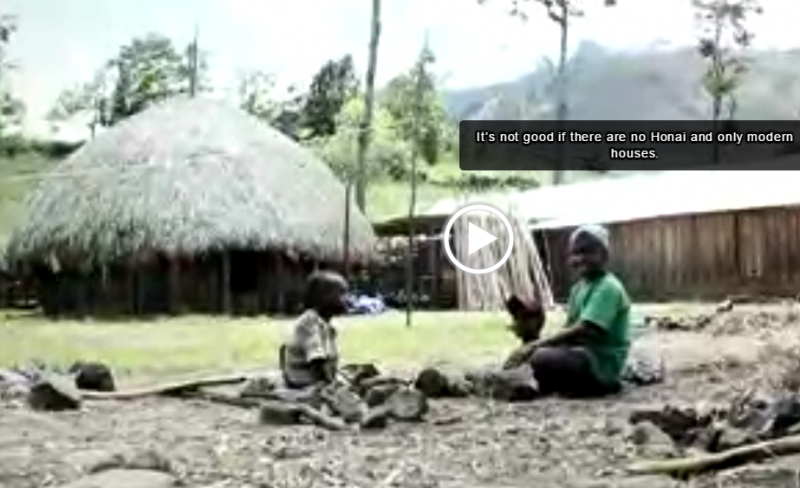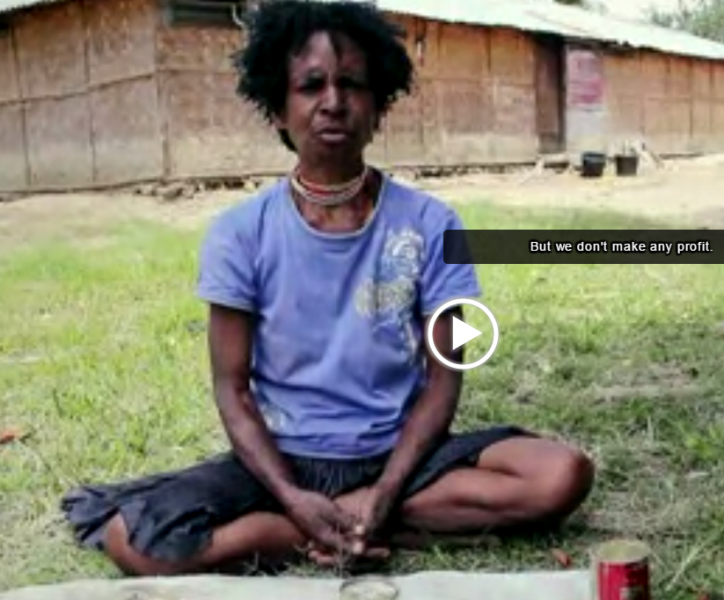Papuan Voices is a video-production advocacy initiative that allows West Papua activists to make their own short films that tell their stories and describe their everyday struggles.
The mainstream media rarely reports anything about life in West Papua, a province of Indonesia. When reporters do turn to the region, it's usually to focus on the political conflict between the Indonesian government and West Papua's independence movement. Papuan Voices introduces readers to other aspects of Papuan culture and history:
These stories are not just framed around West Papua’s political struggle for independence; they are not the stories of conflict that are more often circulated. Rather, they are the stories behind the conflict: the struggles for education, the environment, equality and dignity.
Papuan Voices is a collaboration between EngageMedia and Justice, Peace, and the Integrity of Creation. The project works with local organizations in Jayapura and Merauke in West Papua, where local activists attended multimedia workshops, and learned to narrate West Papua's complex story through videos. The result was a two-volume video featuring various local filmmakers and unique stories about the social, cultural, and political situation in West Papua.
The project's organizers hope “these stories will inspire others to learn and act, so that the voices of West Papua are brought to the forefront.”
Some of the videos have been screened already in other parts of Indonesia. One of the popular films is Mutiara Dalam Noken (Pearl in the Noken), which tells the story of Dr. Mia, “a Papuan woman who has devoted her life to treating the sick and tending to the disenfranchised in very remote areas in West Papua.”
Another popular video focuses on the traditional Honai house, the center of community life in the central highlands, making a case for preserving this cultural heritage.
Filmmaker Patricio Wetipo helped create the Papuan Voices video about the plight of women vendors. In a testimony, Wetipo lamented that violence against women is not adequately reported.
Media mostly cover political and military violence. And yet no one looks at the violence that occurs to women.
Wetipo's video is intended to expose the poor conditions of women in Papua:
I want to show the world the lives of Papuan women. They work so hard and receive no help from their family members. Their husbands don’t even help them carry goods to the market. We hope that people will see these films and be inspired to bring change to their lives.
Another video documents the Wamena culture, focusing particularly on the symbolic importance of pigs in the local community.
The name Wamena itself comes from the word ‘Wam’, which means swine, and ‘Ena’, which means to tame. Every rite of passage is symbolized by the presenting of pigs, and a family’s wealth is measured by the number of pigs they own. Pigs are also the symbol of peace among the tribes in the central highlands. An epidemic of pig deaths would therefore present a serious economic setback for the people of Wamena.
The video shows the close relationship between the community's pigs and people, and the social impact of an epidemic that killed large numbers of pigs:
Papuan Voices helps the public gain a better understanding of the challenges Papuans face in Indonesia. It's also a powerful reminder that we should do more to document and share the stories of ordinary Papuans, aside from articulating their political demands for justice and equality.













2 comments